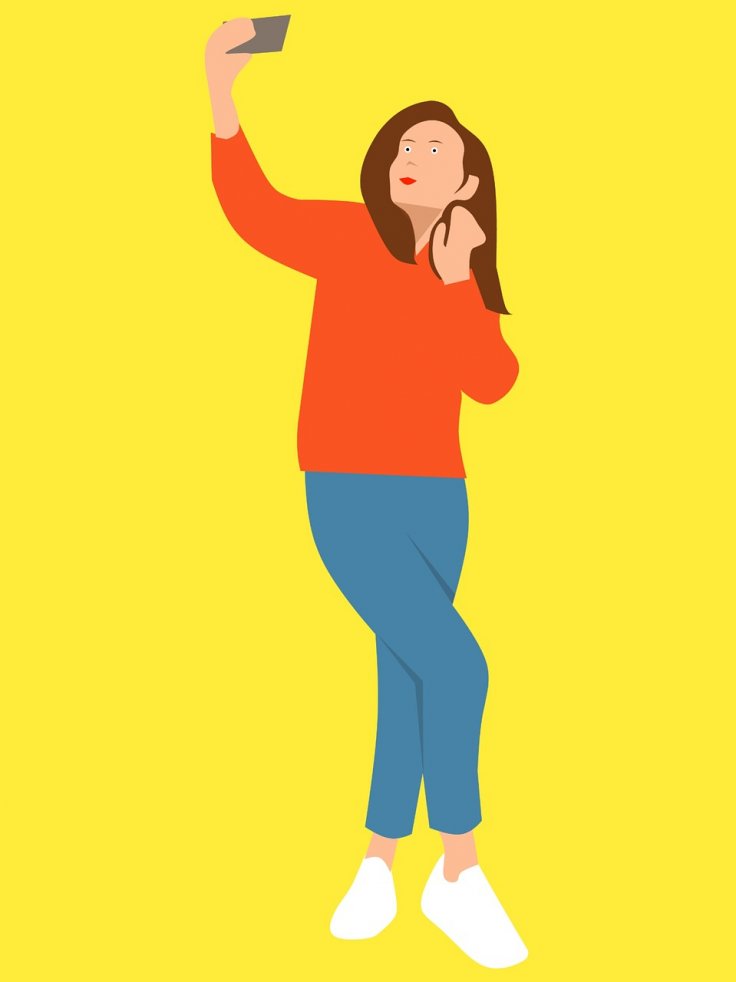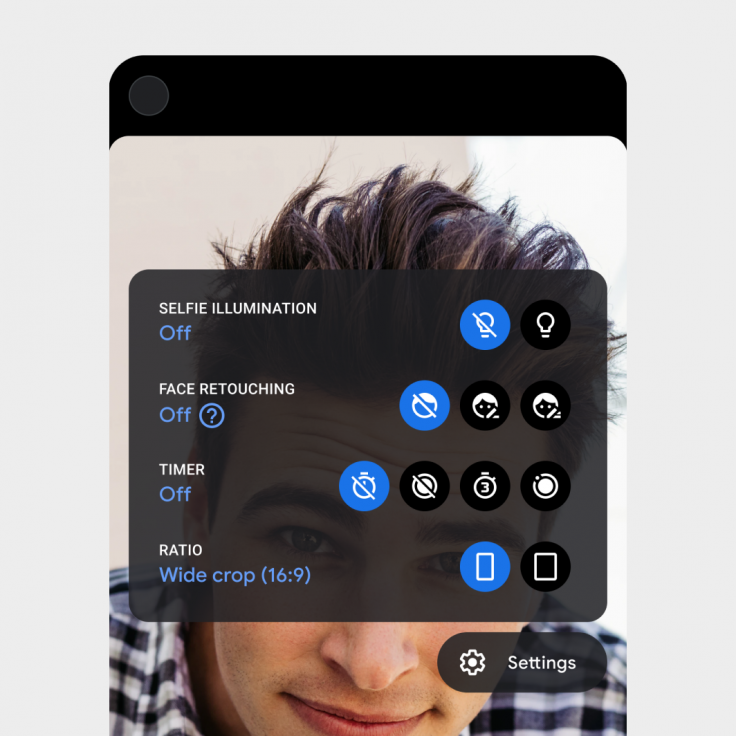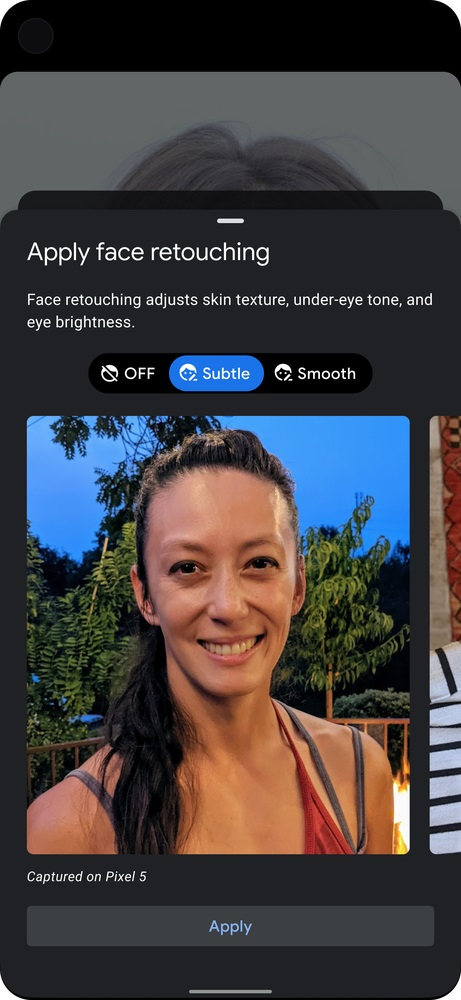Beauty filters in mobile cameras are one of the most popular features. With the advancement of artificial intelligence, the camera software sharpens the image and can even make the face look better or "beautify you". Many phone manufacturers have even made that feature their unique selling point.
But the same feature has often been criticized for aggravating mental health conditions by promoting a certain perception of "beauty". Hence, Google wants to do away with it completely. For now, it is turning off the feature by default in its Pixel series phones and wants other phone manufacturers to follow suit.

Google has taken the step after conducting multiple studies and consulting with child and mental health experts. In a blog post, Google said "when you're not aware that a camera or photo app has applied a filter, the photos can negatively impact mental well being" and that's the reason the company decided to turn the feature off by default while still offering the option if anyone wants to use it.
"We set out to better understand the effect filtered selfies might have on people's wellbeing — especially when filters are on by default. These default filters can quietly set a beauty standard that some people compare themselves against," Google said.
Are Beauty Filters Bad?
Beauty filters are nothing but mild retouching to smoothen the skin. But at a time when Instagram and Snapchat are popular destinations to upload instantly taken photos to generate likes and followers, people want to look "good" by any means necessary. And filters offer a simple way to get the job done. However, the race to be liked more than others is pressure on the present generation.

Then comes the question of what is beauty. While "beauty lies in the eye of the beholder", the general perception about it is smooth skin. That's the reason, many want to hide imperfections of their skin using filters. That in turn promotes "body dysmorphic disorder (BDD)". According to Mayo Clinic, BDD is a mental health disorder in which a person can't stop thinking about perceived defects or flaws in appearance. While the "imperfections" may not be seen by others, the individual will feel embarrassed, ashamed and anxious.
Of late, there is a huge surge (71 percent increase since 2000) in rushing to plastic surgeons to change the appearance. In 2019 alone, Americans alone spent $16.7 billion on cosmetic surgeries. However, there is no shortage of apps that promote "beatification" of your face and knowingly many posts edited photos with nofilter hashtags although they have been altered to satisfy people's perception of beauty, reported Women'sHealth.
Google's Initiative
Google believes "'beautification' is a common name for face retouching features that unnecessarily adds a value judgment to a person's edited image" thus beginning with Pixel 4a, it will turn off the face retouching feature by default while Google Camera's user interface will explain what the effects will be. It is also renaming the retouching intensity to 'subtle' from 'natural'.

In addition, it will also change the icons where previously retouching option was marked with a sparkling face, now, it will show a face icon with an editing pen to inform people that it's not "beautification" but editing. "'Beautification' is a common name for face retouching features that unnecessarily adds a value judgment to a person's edited image," Google said.
However, Google isn't the only one. Snapchat has joined Google and will turn off the retouching feature by default. Snapchat will use value-neutral terms for the face editing features and it already uses terms like "retouching" instead of "beautification".









